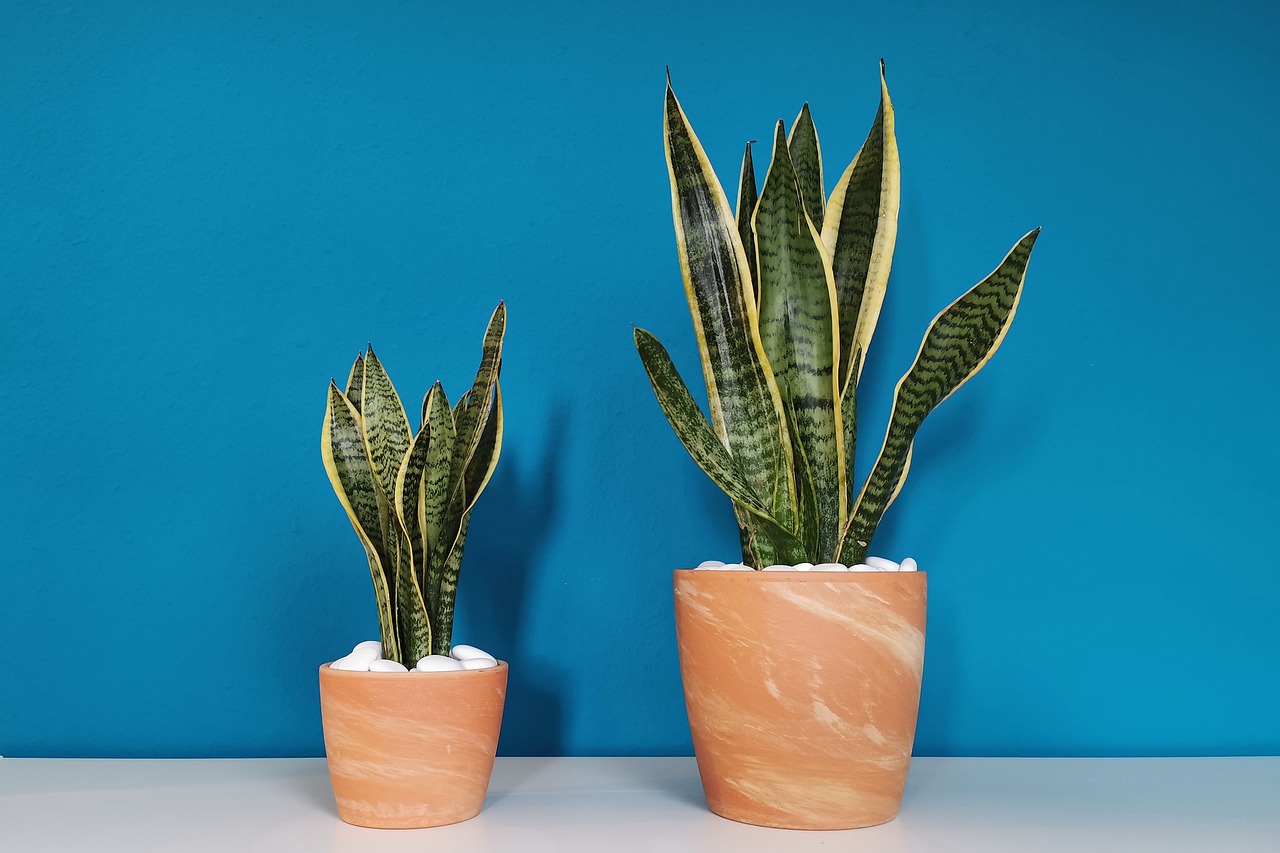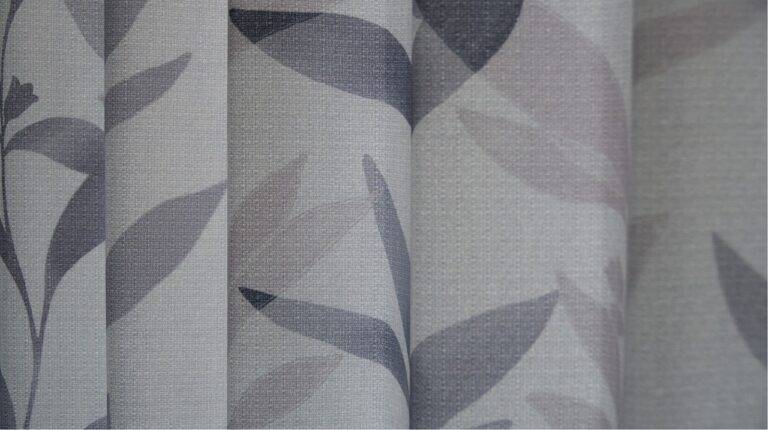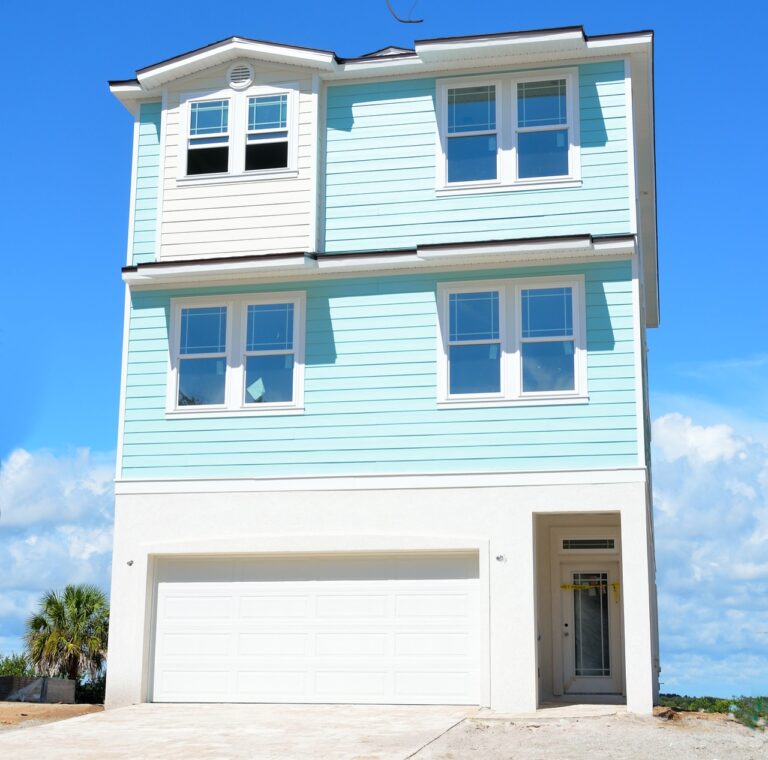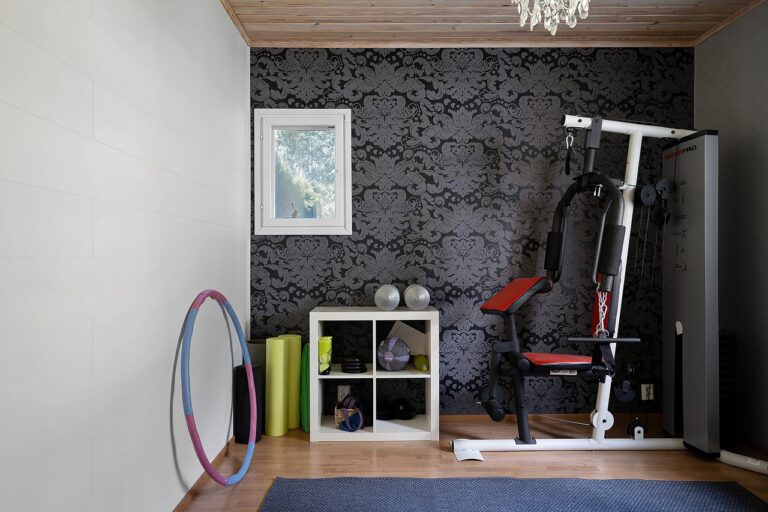Analyzing the Benefits of Passive House Design in Home Construction
Household energy efficiency is crucial for reducing utility bills and minimizing environmental impact. By making simple changes like replacing old light bulbs with energy-efficient LEDs or upgrading to energy-efficient appliances, homeowners can significantly lower their energy consumption. Additionally, proper insulation and sealing of doors and windows can contribute to maintaining optimal temperatures and reducing the need for continuous heating or cooling.
Implementing energy-saving habits such as turning off lights and unplugging electronics when not in use can also make a noticeable difference in energy consumption. Monitoring energy usage through smart meters or programmable thermostats can help homeowners better understand their energy consumption patterns and make informed decisions on how to further improve energy efficiency in their households.
Improved Indoor Air Quality
Optimizing indoor air quality is essential for maintaining a healthy living environment. Factors such as proper ventilation, regular air filter changes, and minimizing the use of toxic cleaning products can significantly impact the air you breathe indoors. Poor indoor air quality can lead to respiratory issues, allergies, and other health concerns, making it crucial to prioritize in any living or working space.
Incorporating houseplants into your indoor environment can also help improve air quality by filtering out pollutants and releasing oxygen. Plants like peace lilies, spider plants, and aloe vera are known for their air-purifying qualities, making them a simple and natural way to enhance the air you breathe indoors. By taking small steps to enhance indoor air quality, you can create a healthier and more comfortable space for yourself and those around you.
How does improving energy efficiency help with indoor air quality?
Improving energy efficiency can help reduce the amount of outdoor pollutants that enter a building, leading to better indoor air quality.
What are some ways to improve energy efficiency in a building?
Some ways to improve energy efficiency include sealing air leaks, using energy-efficient appliances, and properly insulating walls and ceilings.
How does poor indoor air quality affect health?
Poor indoor air quality can lead to respiratory issues, allergies, and other health problems. It can also exacerbate existing conditions such as asthma.
What are some common indoor air pollutants?
Common indoor air pollutants include mold, pollen, pet dander, dust mites, and volatile organic compounds (VOCs) from household products.
How can I improve indoor air quality in my home?
You can improve indoor air quality by regularly cleaning and vacuuming, using an air purifier, ensuring proper ventilation, and avoiding smoking indoors.
Are there any benefits to improving indoor air quality?
Yes, improving indoor air quality can lead to better health, increased productivity, and overall improved quality of life for occupants.







